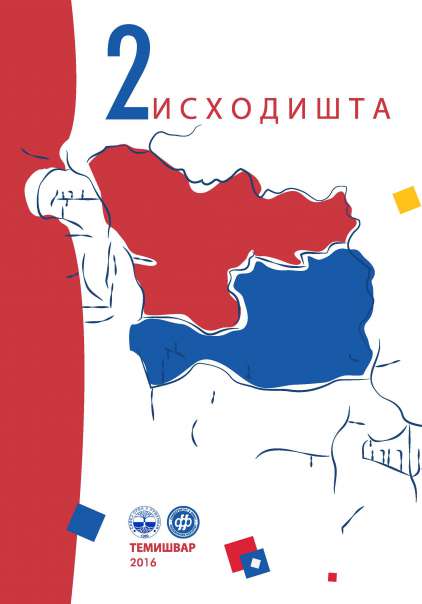ИСТРАЖИВАЊЕ УЧЕЊА „СРПСКОГ ЈЕЗИКА КАО ЗАВИЧАЈНОГ“ ИЗМЕЂУ МЛАДИХ ИЗ ДИЈАСПОРЕ И МАТИЦЕ
RESEARCH ON LEARNING OF “SERBIAN LANGUAGE AS A NATIVE” AMONG YOUTH FROM THE DIASPORA AND HOMELAND
Author(s): Tamara Lj. Ćirić, Marija SindjićSubject(s): Language studies, Education, South Slavic Languages, Demography and human biology, Migration Studies
Published by: Universitatea de Vest din Timişoara
Keywords: Serbian as native language; young; diaspora; "matica";
Summary/Abstract: The subject of study is the significance, objectives, organization and teaching аs the result of “Serbian language as a native” оf children and young people who live outside the borders of our country, by trained students оf Serbian language and literature. The online aspect of teaching over skype is considered, which was organized for a period of three months in the city of Nis. This project was aimed at popularization of Serbian language in the Diaspora members through peer education and through holding individual lessons. At the end of classes, through evaluation questionnaires of satisfaction and attitudes of the participants is done, what was analyzed in this study. The project involved 20 advanced university students of Serbian language and literature, and students of master and doctoral studies at the Philology Faculty of Philosophy in Nis and 23 candidates from abroad. Youth and children from the Diaspora were from the US, Canada, 10 different countries from Europe, UAE. The results showed that the main motives for signing on to this teaching were: desire to learn or improve their native language, to enrich the vocabulary and learn grammar, to maintain ties with friends and relatives from the homeland, to introduce children to Serbian culture and customs. The motivation of students Serbian language and literature for participation in the project was professional training, new experience and new acquaintances, love for the Serbian language and the desire to give children from the Diaspora help in learning the native language. Approximate 79% of participants from the Diaspora believes that their knowledge of Serbian language (or their children) improved through this method of teaching. Approximate 42% of participants said that there is no organized teaching Serbian language in the places they live.
Journal: Исходишта
- Issue Year: 2/2016
- Issue No: 2
- Page Range: 239-250
- Page Count: 12
- Language: Serbian

